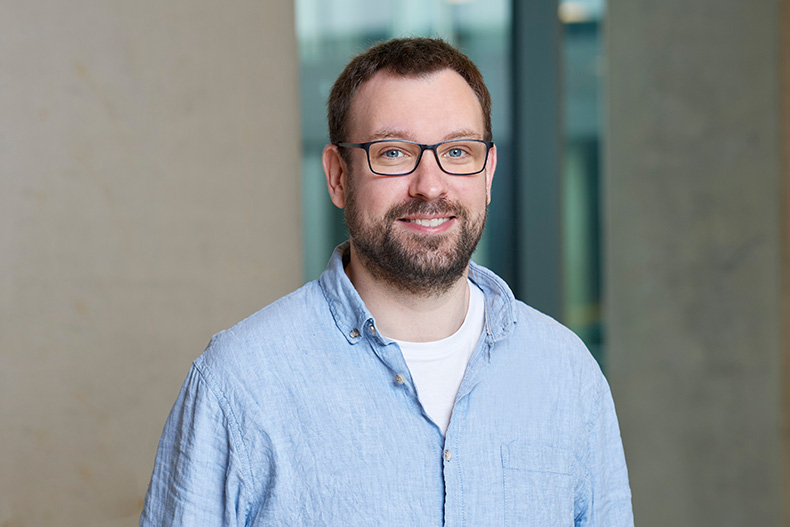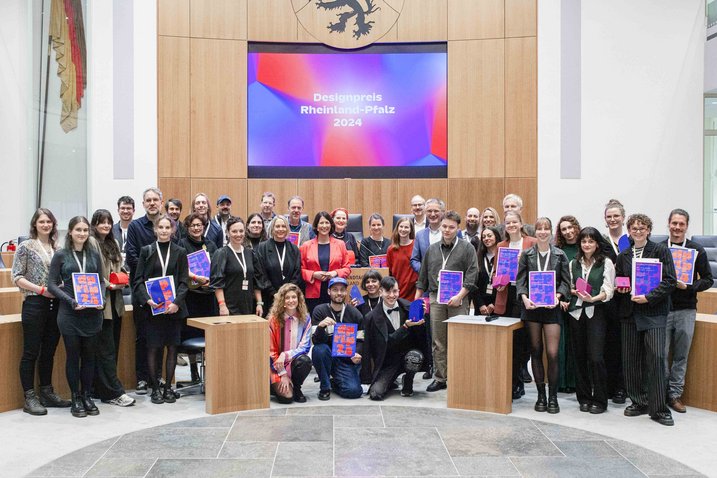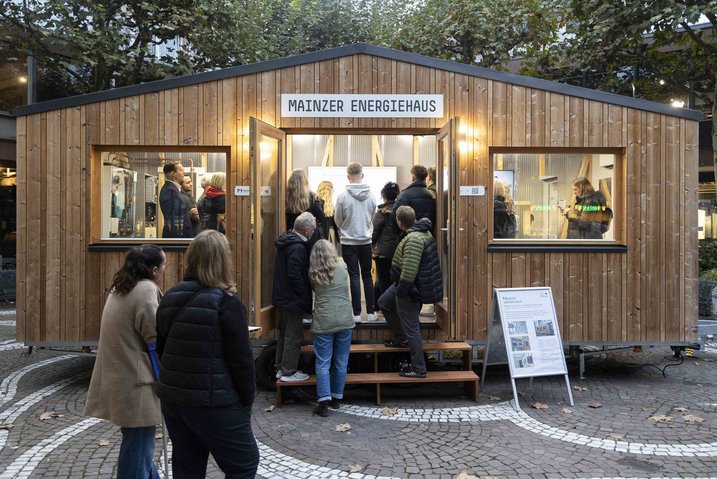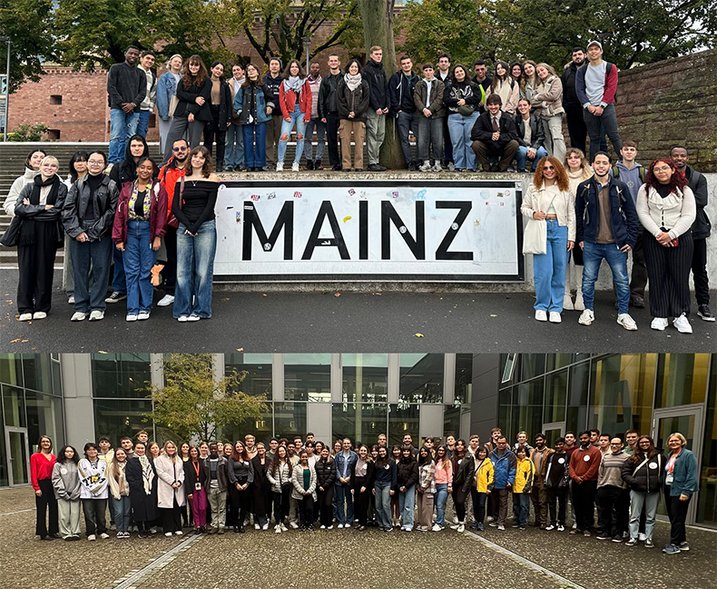Prof. Dr. Dirk Schweim was appointed to Mainz University of Applied Sciences in October 2022 and teaches Information Systems at the School of Business
What prompted you to switch to Mainz University of Applied Sciences?
Mainz University of Applied Sciences offers a lot of opportunities for high-quality teaching and application-oriented research. In particular, I like the mix of the dual and full-time degree programs and the professional range of the faculty at the university. Overall, the university offers an exciting, diverse, and inspiring academic environment in my view.
On top of that, Mainz is a lively and liveable city offering a pleasant environment that appeals to me personally. I have strong ties to the region because I worked here professionally for many years in various companies. I also completed my doctorate in Mainz. During this time, I met many interesting people who are still part of my life today.
What do you find most appealing about your new position?
The position offers me the possibility to contribute my knowledge and experience in my field. One exciting question, for example, will be how we incorporate current developments in the field of artificial intelligence (AI) into teaching. On the one hand, this includes the use of new AI tools, but on the other hand – especially in our technology-based degree programs – it includes specialized knowledge of how the technologies work.
I am eager to work closely with students and share my knowledge with them to support them in their academic and professional development. In particular, I would like to motivate students to work both practically and academically.
What topic would you like to exchange ideas with students on in a casual setting?
Professionally, I like to discuss the impact of current AI innovations on our lives in conversations with students. How will our working world change in the future? What impact can we expect in our personal lives? I find it particularly interesting to see whether the general perception is more positive or negative, and for what reasons. Of course, such forecasts are not always easy, but the lively exchange of ideas is always stimulating and often provides new food for thought.
Apart from the professional discussions, I am interested in the personal hobbies and interests. It is truly surprising (and sometimes astonishing or amusing) what projects some students pursue in addition to their studies. It is rewarding to learn more about the diverse talents and passions of our students. I look forward to hearing lots of new exciting stories!




